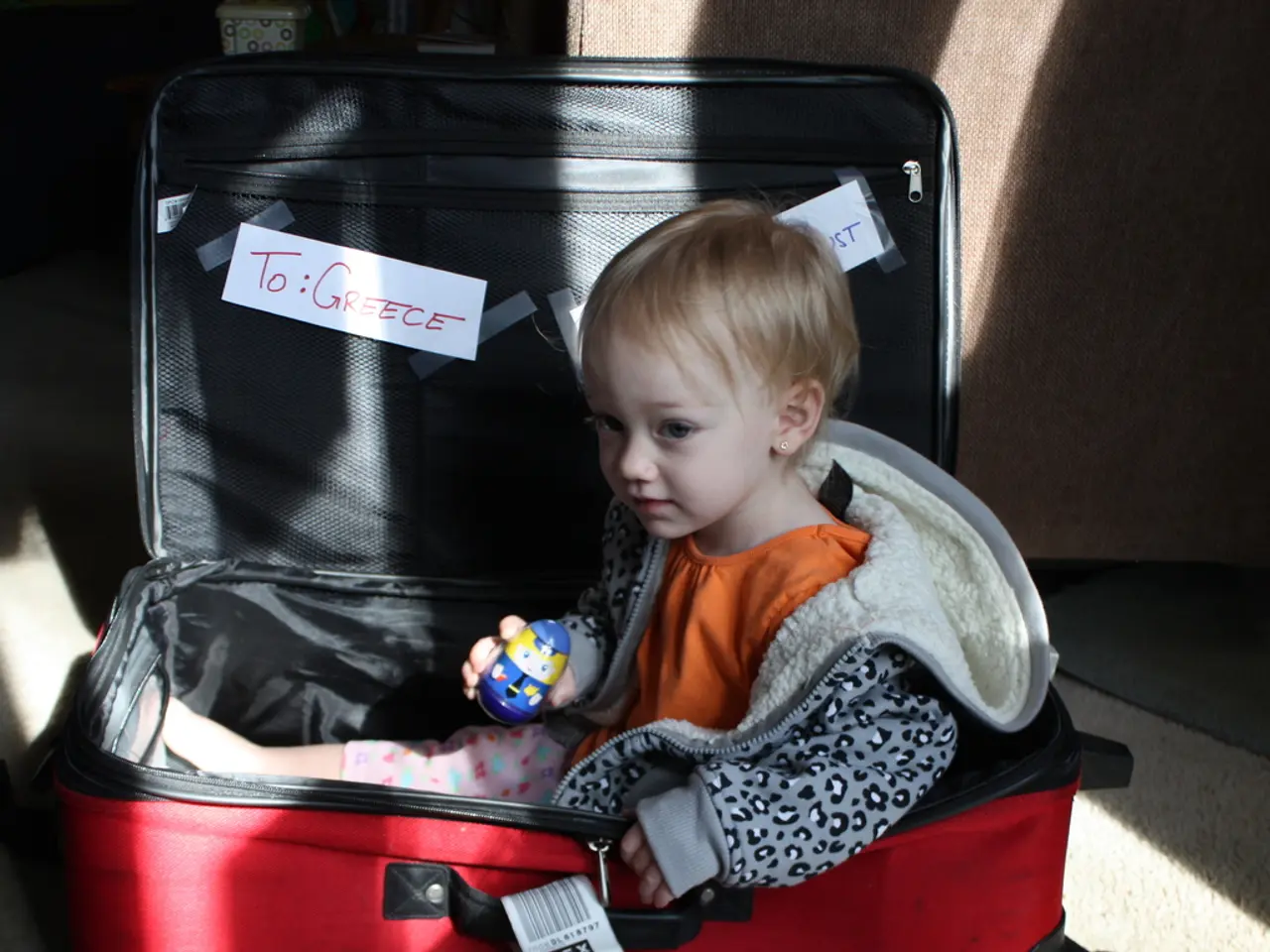A significant majority of children in Ukraine are deprived of essential goods and services, according to UNICEF.
In the heart of Europe, Ukraine's ongoing conflict with Russia has resulted in a four-fold increase in material deprivation among children since 2021. This alarming trend, outlined in a recent UNICEF report, is a consequence of various factors that have disrupted the lives of young Ukrainians.
The disruption of education infrastructure has been a significant contributing factor to this crisis. Over 3,370 educational institutions, including schools and kindergartens, have been damaged or destroyed, leading to learning disruptions and impacting the psychosocial development of children. In occupied areas, many schools have been repurposed or closed, exacerbating educational challenges.
The economic instability caused by the conflict has also played a significant role. An estimated 7 million Ukrainians have been pushed into poverty, reversing 15 years of development gains. This economic vulnerability affects the ability of families to provide basic needs for children, contributing to material deprivation.
The refugee crisis has further compounded the situation. Hundreds of thousands of Ukrainian children have fled abroad, with around 500,000 schoolchildren taking refuge in neighboring countries. Despite some economic improvements, Ukrainian refugees in these countries remain economically vulnerable, struggling with low wages and high employment rates.
Food insecurity is another challenge children face, although specific data on Ukraine is not detailed. Global issues like food poverty highlight the broader challenges children face, particularly in conflict zones.
Addressing material deprivation among children in Ukraine requires a multifaceted approach. Short-term solutions include rebuilding education infrastructure, supporting refugees, and implementing food and nutrition programs. Long-term solutions encompass economic recovery initiatives, psychosocial support, and continued international aid and cooperation.
The ongoing conflict has taken a heavy toll on Ukraine's children. According to UNICEF, approximately 70% of children in Ukraine (3.5 million) lack access to basic goods and services such as food and shelter. Seven out of 10 children in Ukraine are experiencing severe deprivation in areas such as nutritious food, warm clothing, and spaces to play.
Tragically, more than 2,700 children have been killed or maimed in Ukraine since February 2022. The destruction of health care infrastructure has made it difficult for children to get the care they need for injuries. For some children, medical evacuation is not possible due to the destruction of health care facilities.
The continuous attacks on Ukrainian infrastructure, homes, schools, and health care facilities by Russia have intensified this crisis. As the conflict continues, it is crucial to invest in health facilities and health structures to help families continue their lives in Ukraine.
Joe English, a communications specialist with UNICEF, emphasized the need for psychosocial support for children who have experienced trauma and will need it in the future. He stated that no child in Ukraine has been unaffected by the war.
UNICEF predicts that the shares of children experiencing material deprivation will likely increase unless a ceasefire occurs. The ongoing conflict has resulted in more than three years of grinding war with little end in sight, leading to these conditions for children in Ukraine.
As the world watches, the situation in Ukraine remains critical, and the future of its children hangs in the balance. International support, diplomatic efforts, and humanitarian assistance are crucial in facilitating recovery and reconstruction efforts for Ukraine's children.
- The destruction of educational institutions in Ukraine, totaling over 3,370 schools and kindergartens, has disrupted learning and impacted the psychosocial development of children.
- The economic instability caused by the conflict has pushed an estimated 7 million Ukrainians into poverty, making it difficult for families to provide basic needs for children, contributing to material deprivation.
- Hundreds of thousands of Ukrainian children have fled abroad due to the refugee crisis, struggling with low wages and high employment rates in neighboring countries despite some economic improvements.
- Food insecurity is another challenge children in Ukraine face, with specific data not detailed, highlighting broader challenges children encounter, particularly in conflict zones.
- Despite the destruction of health care infrastructure and the difficulties in providing medical care, continued investment in health facilities and health structures is crucial to help families continue their lives in Ukraine.








